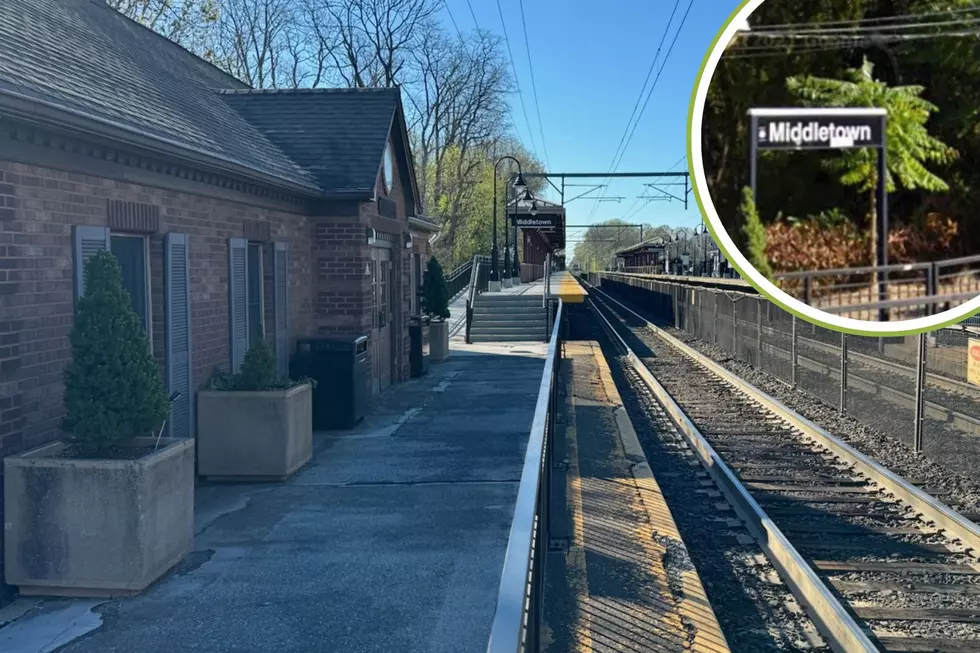
Second chance or soft on crime? NJ lawmakers take on Drug Court during pandemic
TRENTON — Amid a public health state of emergency, state lawmakers are moving on a proposal to allow more defendants to enter the state's Drug Courts, which some law enforcement officials warn could lead to criminals exploiting the program.
The Drug Court probation program, which went into effect in 2002 and was expanded in 2012, is aimed at helping nonviolent and first-time offenders who committed crimes because of their addictions. Defendants can avoid jail or prison by undergoing rehabilitation services.
But some prosecutors are urging lawmakers to rethink their proposed changes in bills S241 and S491:
There would no longer be a multiple-crimes ineligibility, meaning defendants would be able to apply even if they have an extensive criminal history. The proposal strips away a rule barring admission of defendants who have been convicted of two or more first- or second-degree crimes.
The new rules would still exempt anybody previously convicted of murder, manslaughter, kidnapping or rape but would allow somebody with an aggravated assault conviction to apply.
The new rules also would still exempt people charged with the most serious first- and second-degree crimes except robbery and burglary, and exempt defendants charged with dealing drugs on school property.
If a person fails out of the Drug Court program by not following the rules, the proposed change would allow a judge to impose any sentence, including one of up to five years in prison, allowing judges to sidestep stricter sentencing guidelines for serious felonies.
The proposal also deletes the rule that Drug Court probation can be revoked for refusing to undergo a drug test at any time.
The proposal allows judges to waive fees that are now imposed on participants.
And the proposal will allow people who successfully complete Drug Court to expunge their entire criminal record, "including any offense otherwise not subject to expungement," which would include terrorism, public corruption and dealing hard drugs.
Monmouth County Prosecutor Christopher Gramiccioni said the bill "turns the entire drug court system on its head" and makes the program "ripe for potential abuse."
"This overhauls the entire drug court program to create huge windfalls for virtually any and all criminal defendants," Gramiccioni said last week, hours after the proposed amendments were quickly introduced and approved by the Senate Judiciary Committee.
"It literally opens the floodgates to allow anyone, regardless of the type of crime you commit for the most part, to be accepted into Drug Court and it completely waters down the Drug Court program."
State Sen. Nicholas Scutari, D-Union, the chairman of the Judiciary Committee, said the proposals were developed in consultation with Drug Court judges, although not with any prosecutors, and the changes are about giving judges the "latitude" that they've been seeking.
"Studies have shown ... that the wider use of Drug Court is a far better way of rehabilitating drug offenders regardless of the previous charges and makes them more productive members of society," he said.
Scutari said that his proposed amendments would not give every criminal a free pass into Drug Court but it would be up to prosecutors and judges to make the determination.
"You're talking about somebody who 15 or 20 years ago was involved with a crime and was convicted and served their time. Then they find themselves in a drug addiction cycle and would be denied access to Drug Court under current circumstance because they had that old conviction," he said.
"Someone who is 18 years old and commits some kind of crime, served their time and then when they are 30 years old they find themselves addicted to oxycontin and the services for Drug Court may be appropriate under a judge's supervision … in that circumstance, it might be appropriate."
Nearly 26,300 people have been processed through the Drug Court program since 2002 and more than 6,300 have successfully graduated. As of January, there were about 6,600 defendants in the program.
The Judiciary's statistics show that about 17% of Drug Court participants are arrested again within three years of leaving the program. About 6% are convicted again in three years and 2.3% wind up back in jail. The rates are worse for defendants who sentenced to prison instead of getting Drug Court probation.
Scutari's committee took action on the bills on a day that the Legislature was trying to minimize public participation in order to slow the spread of the coronavirus. But the Democrat said there would still be opportunity for debate before votes by the full Senate and Assembly.
After the hearing, state Sen. Christopher "Kip" Bateman, R-Somerset, a longtime champion of Drug Courts, said that he "had real concerns," particularly the provisions concerning past convictions, and said he could not support the bill "the way it is now."

Coronavirus testing at the PNC Bank Arts Center
Sergio Bichao is deputy digital editor at New Jersey 101.5. Send him news tips: Call 609-359-5348 or email sergio.bichao@townsquaremedia.com.
More From New Jersey 101.5 FM









